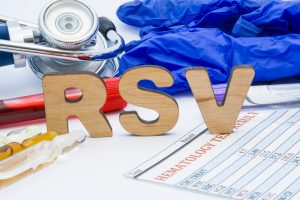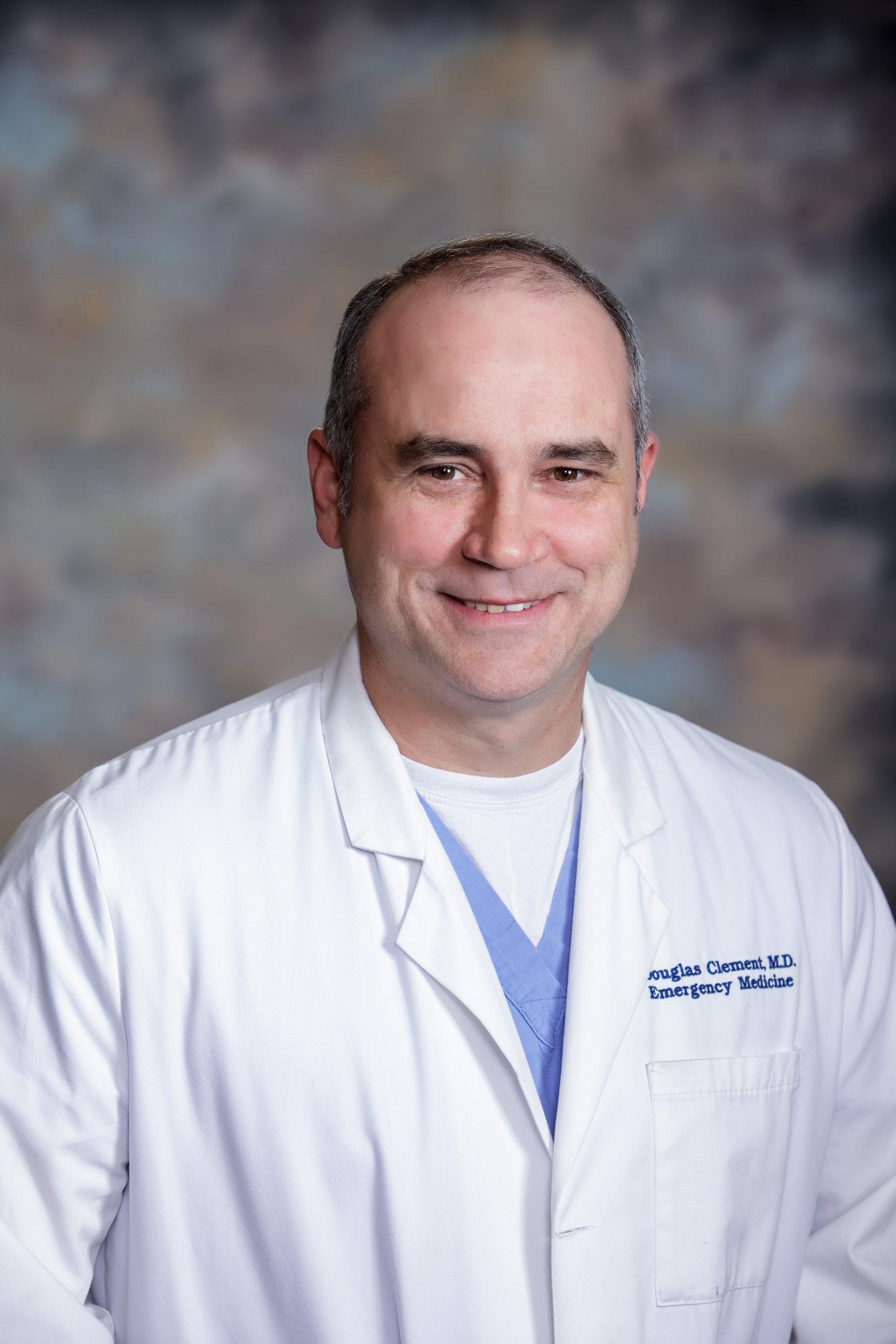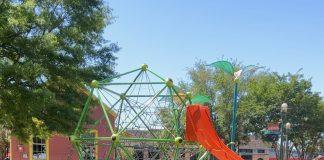Disclosure:: This post is sponsored by Our Lady of Lourdes Regional Medical Center and authored by Dr. Douglas Clement.
The Low-Down on RSV
The respiratory virus that often affects newborns and infants can be scary, but it can be treated effectively.
RSV – these three letters strike fear in the heart of many parents with newborns and infants. Why? It can lead to an inflammation of the lung’s small airways (bronchiolitis) and pneumonia. Two in every 100 children ages 6 months and under with a Respiratory Syncytial Virus (RSV) infection may be admitted to the hospital for oxygen, intubation or mechanical ventilation to help the child breathe, according to the Centers for Disease Control.
What is RSV?
RSV is a viral respiratory tract infection that often results in a persistent cough, slight fever and other mild, cold-like symptoms. It typically occurs in the fall, winter and spring months. An estimated 57,000 children ages 5 and under each year are hospitalized with a RSV infection, according to the Centers for Disease Control.
Who’s at risk?
Most people who contract RSV may feel slightly ill with a respiratory infection and recover in 7-14 days. Symptoms will be more severe for those with chronic health issues, asthma, congestive heart failure and pneumonia. According to CDC.gov, those at an increased risk include:
- Infants born prematurely

- Infants less than 6 months old
- Children under age 2 with chronic lung disease or heart disease
- Children with weakened immune systems
- Children with neuromuscular disorders, especially those who have trouble swallowing or clearing mucus
What should I look for?
Runny nose, decreased appetite, less activity and a persistent cough often are the earliest RSV symptoms. The cough may progress to include wheezing days after the first symptoms appear. Fever is not always present with an RSV infection.
\The virus, spread through droplets when an infected person coughs or sneezes, can be picked up simply by touching a doorknob or bed rail with the virus on it and touching your eyes, nose or mouth before washing your hands. Also, an infected person can transmit RSV by kissing the face of an infant or small child.
Most are contagious for a week after the first onset of symptoms. Still, CDC.gov notes that infants and people with compromised immune systems can spread the virus up to four weeks after symptoms have subsided.
How do I keep my family safe?
- Wash your hands often with soap and water for 20 seconds or use an alcohol-based hand sanitizer.
- Don’t touch your face, specifically the eyes, nose and mouth, without washing your hands.
- Avoid close contact with people exhibiting symptoms. That means no kissing or sharing cups and utensils.
- Cover your face when you cough or sneeze. Use a tissue or cough into the inside of your arm at the elbow. Immediately discard soiled tissue and wash or sanitize your hands.
- Clean surfaces with disinfecting products. Focus on items frequently touched like toys, remotes, sink handles and doorknobs.
- Stay home if you or your child are exhibiting symptoms. This will help prevent the spread of the virus to others.
How is RSV treated?
Over-the-counter medicines often will do the trick to combat symptoms, like ibuprofen and acetaminophen for fever. It’s always a good rule-of-thumb to speak to your child’s pediatrician before giving any medications, even over-the-counter products. Some non-prescription cold medicines have ingredients that may not be safe for children.
Stay hydrated. Water is best, but, if you need an extra boost, Pedialyte is a great tool to help keep your little one hydrated and avoid the sodium and sugar content of most sports drinks. Ointments that include lavender, eucalyptus and rosemary applied to the chest or feet also may help ease coughing, but avoid over-the-counter products that are not created specifically for infants.
The bad news is there is no vaccine for RSV – yet.
The good news is researchers are working on it and have discovered the drug palivizumab may prevent severe RSV illness in infants at higher risk for contracting the disease.
Remember, when in doubt, contact your pediatrician. And, if you need us, the experienced, skilled Emergency Department teams in the area are ready to assist – even long after bedtime.
To Learn More about Our Lady of Lourdes Regional Medical Center visit::
Website | Facebook | YouTube
About Dr. Douglas Clement
 Dr. Douglas Clement is a Board-Certified Emergency Medicine specialist and Medical Director for Our Lady of Lourdes Emergency Services. Learn more at LourdesRMC.com.
Dr. Douglas Clement is a Board-Certified Emergency Medicine specialist and Medical Director for Our Lady of Lourdes Emergency Services. Learn more at LourdesRMC.com.


















